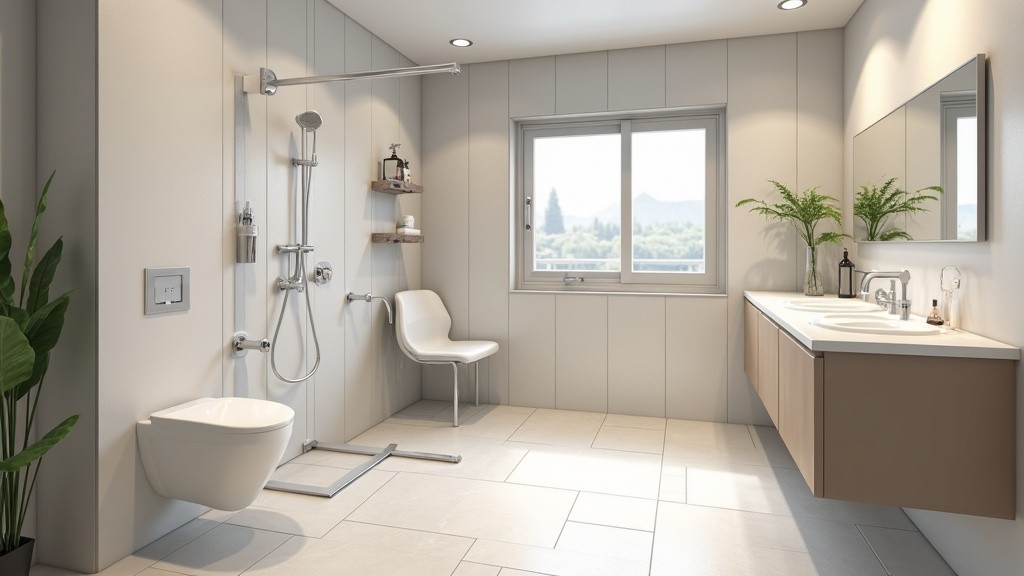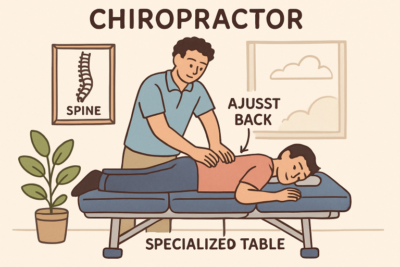When you’re caring for an older person at home, supporting their independence and dignity can be just as important as managing their physical needs. Daily routines that once seemed simple, like bathing, dressing, and eating, can become frustrating or embarrassing when someone begins to rely on help. Fortunately, there are specific tools designed to reduce that reliance and give individuals more control over their personal care.
These aids are not just functional—they preserve autonomy, reduce stress, and allow your loved one or client to feel like themselves again.
Shower Chairs and Over-Toilet Frames

Maintaining hygiene is a personal routine where privacy matters. If standing in the shower feels unsafe, a shower chair offers a stable seat, letting the person you care for wash comfortably without assistance.
Helping someone with toileting can be sensitive, especially when they value their privacy and independence. An over-toilet frame provides extra support, making it easier for them to sit and stand with greater confidence. You can discover healthcare and mobility aids at Safety and Mobility that support safe, respectful care while preserving dignity at home.
Long-Handled Sponges and No-Bend Toilet Aids
For people with limited flexibility or reduced upper body strength, reaching certain areas during bathing or toileting can become uncomfortable or impossible. A long-handled sponge can restore the ability to wash without assistance, reducing awkward or undignified situations.
Similarly, no-bend bottom wipers and toilet tissue aids offer extended reach and ergonomic designs to support independent cleaning after using the toilet. These tools allow the individual to retain personal control over their hygiene and reduce the need for hands-on help.
Bed Poles and Transfer Aids
Moving in and out of bed can be difficult, especially when strength or balance is affected. A bed pole provides a firm grip, allowing someone to reposition or sit up without help. It not only eases the strain on carers but also restores a sense of independence in the person you’re assisting.
A swivel seat cushion placed on a chair or car seat can help with transfers between positions or locations. These aids simplify movements that might otherwise require physical support or lifting, reducing the risks associated with manual handling for both the carer and the person receiving care.
Walking Frames and Rollators
Maintaining mobility, even within the home, is closely linked to maintaining dignity. A walking frame gives much-needed support for those who are unsteady on their feet, enabling them to move from room to room safely. For those who can manage more independently, a rollator with wheels and brakes provides extra balance and often includes a seat for resting.
By giving the person you care for the ability to move without constant supervision, you help them regain confidence and reduce feelings of dependency.
Sock Aids and Button Hooks
Dressing is not only a daily necessity but also a way for someone to express who they are. When putting on clothes becomes physically challenging, tools like a sock aid can make it easier to get dressed without assistance. It allows socks to be slipped on without bending or twisting, which is especially useful for those with joint or back issues.
A button hook makes fastening shirts or trousers easier for those with arthritis or hand weakness. These tools are small but impactful, restoring a sense of routine and pride in self-care.
Non-Slip Dinnerware and Two-Handled Mugs
Eating independently is an important part of retaining dignity. Non-slip plates and bowls stay in place during meals, helping to avoid spills and mishaps. This reduces the need for constant oversight during mealtimes and lets the person you support eat at their own pace.
Cutlery with wide, contoured grips and two-handled mugs provide additional stability, making it easier to maintain control. These tools allow for more relaxed, confident meals and help foster a sense of normalcy in daily life.
Why the Right Tools Make a Lasting Difference
Promoting dignity in at-home care often comes down to enabling the person you’re supporting to do as much for themselves as possible. The right tools can turn moments of frustration or embarrassment into opportunities for independence and control. Whether it’s getting dressed, preparing a meal, or using the toilet in private, these aids help maintain the person’s sense of identity and self-worth—values that are as essential as any physical support you provide.










